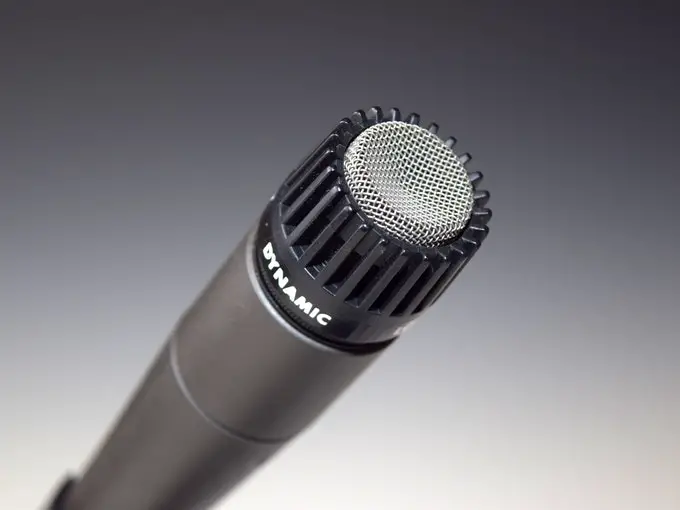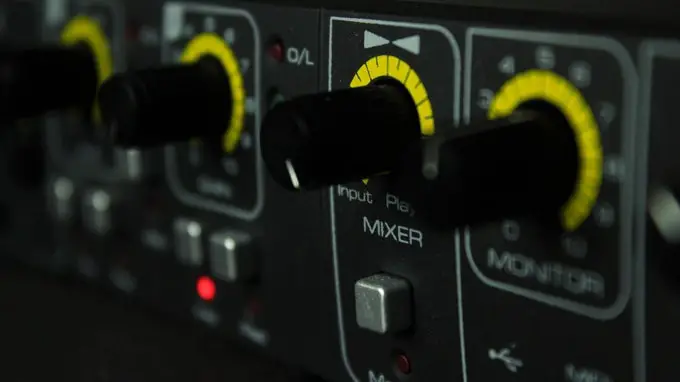Microphones are an integral part of how people communicate in today’s world. They allow us to converse with each other without the need for face-to-face interaction. It is important to take care of your microphone so that it can last as long as possible. Below you will find tips and tricks on how to properly take care of your mic, how long do microphones last, and product reviews on some popular models.

- Microphones are used in many different ways and for many different reasons
- How Long Do Microphones Last: Important Tips for Taking Care
- Test the life span on your current mic so you know when it’s time for an upgrade
- Microphone Quality equipment
- Which type of microphone is best for me?
Microphones are used in many different ways and for many different reasons
Some people use them for personal reasons, such as recording themselves singing or making videos, while others use them for business purposes, like recording conference calls or webinars. No matter what the purpose of the microphone is, it’s important to take care of it so that it lasts as long as possible. In this article, we will discuss how long microphones typically last and how you can extend their life.
The average lifespan of a microphone is about five years. However, there are many things you can do to prolong its life. The following are some tips on how to take care of your microphone.
How Long Do Microphones Last: Important Tips for Taking Care
The average lifespan of a microphone is about five years. This number can vary depending on how often the microphone is used and how well it is taken care of.
- Keep the mic in a cool, dry place;
- Don’t expose it to extreme temperatures;
- Avoid dropping or mishandling it;
- Clean it regularly using a soft cloth;
- Don’t let moisture build up near the mic capsule.
These tips will help keep your microphone functioning properly for longer. However, even if you follow all these guidelines, eventually your microphone will need to be replaced. When that time comes, be sure to check out our selection of microphones to find the perfect one for your needs.

When it comes to how long do microphones last there are a few key factors that you need to take into account. The first is how often you plan on using your microphone. If you are only going to use it occasionally then it will likely last longer than if you plan on using it every day. The second factor is how you plan on using your microphone. If you are going to be moving it around a lot or if it is going to be in contact with liquids then it will not last as long as if you are just going to use it stationary.
The third factor is the environment that the microphone will be used in. If you are going to be in a loud environment then how long do microphones last is that the microphone will not last as long. The fourth factor in how long do microphones last is how well it was manufactured and how much care was put into making sure everything works perfectly before being sold.
Test the life span on your current mic so you know when it’s time for an upgrade
Test the life span on your current mic so you know when it’s time for an upgrade. You don’t want to be caught without a microphone when you need it the most. This is especially important if you’re a musician and use your mic for gigs.
If you’re gigging with a microphone, it’s important that the cord is sized appropriately for how often you’ll be moving around on stage. A heavy-duty cord can help prevent damage from snags or breaks when you least expect them. If there are any weak points in your cords (such as thin wire near the plug), wrap some electrical tape around this area before using again to strengthen the cord and extend its life span.
You should also consider how much sound pressure level (SPL) your mic will need to handle over time. Do not crank up the volume too high while recording because this could lead to irreparable damage and an early end of its usefulness later down the road.
Microphone Quality equipment
The importance of investing in quality equipment when it comes to audio equipment is something that is often overlooked. Whether you are recording vocals for your latest song, speaking at a podium or doing an interview with someone else. What kind of microphone that you use can make all the difference in how clear and crisp your audio sounds. Quality equipment will serve its purpose well but cheap equipment will not always last long and may not provide the best sound quality.
Using quality equipment is one way that can make all the difference in how good something sounds but it also requires proper maintenance from its users if their microphones are going to keep working properly. It doesn’t matter whether you use yours once or every day because at some point they will need cleaning and replacing parts when needed just like any other audio equipment.
Which type of microphone is best for me?
- dynamic;
- condenser;
- ribbon.
Dynamic microphones are best for live performances. They’re durable and can handle high sound pressure levels without distorting the audio signal.
Condenser microphones are more sensitive than dynamic mics and produce a higher-quality sound. They’re ideal for studio recordings or podcasts.
Ribbon microphones are less common than the other two types, but they offer a unique sound that can be perfect for certain applications.
Once you’ve determined which type of mic is right for you, it’s to consider how you’ll be using it. If you’re mostly going to be using it at home, then a USB microphone might be the best option. These microphones plug directly into your computer and don’t require any additional equipment. If you’ll be using the mic on stage or in a studio, you’ll need one that uses XLR cables.
Finally, consider your budget. Microphones can range from a few hundred dollars to several thousand dollars. Decide how much you’re willing to spend and then shop around for the best deal.






